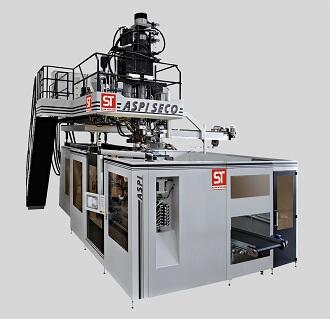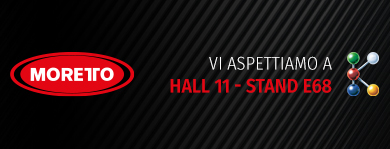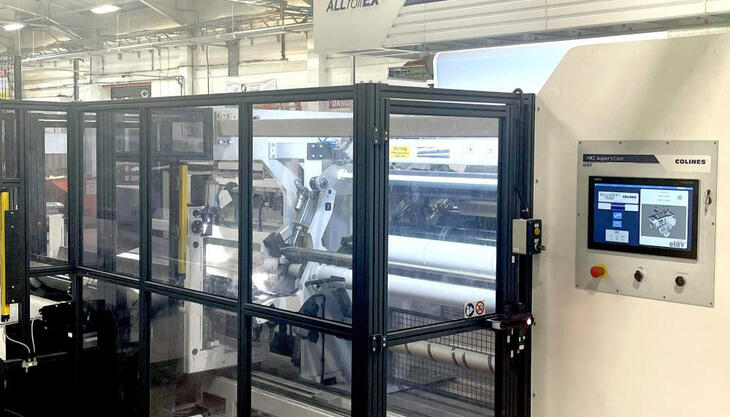
ST Soffiaggio Tecnica has closed a very positive 2016 with orders for three Aspi Seco machines for the sequential extrusion of engine compartment ducts.
Last June an Aspi Seco machine was delivered to the DuPont European technical centre in Meyrin (Switzerland).
At the end of 2016 two new Aspi Seco machines were tested prior to delivery to two well-known tier one component suppliers to the automotive – one in Europe and the other in Asia. The first machine will go into production in Turkey, consolidating the presence of the Italian manufacturer in one of the most important countries for the production of motor vehicles. The second blow moulding machine marks a further milestone for the company, being the first Aspi Seco delivered in India, a country with a fast-growing automotive industry. Besides having an important local automotive industry, India represents a hub for major foreign manufacturers thanks to a number of attractive factors for investors such as low production costs, flexibility in the labour market, abundance of raw materials, high level of personnel technical qualification, incentives and economic policies to name but few.
These recent deliveries confirm a renewed interest in sequential vacuum blow moulding technology. The Aspi blow moulding machines are supplied in the Seco configuration when the task is to produce parts with two different materials arranged in sequence. In this way it is possible to manufacture articles with flexible parts and more rigid sections, thereby avoiding the time and cost of assembling various components. Compared to a single-material solution, this technology also reduces the product cost, because each of the two resins is used only in those sections where it is needed.
The two new Aspi Seco machines have the same clamping unit (with maximum opening stroke of 1,400 mm) and identical plasticization units (two 60 mm extruders each), but differ in some other characteristics: the clamping forces are 15 and 20 tonnes respectively, and the accumulator head capacities are 1.0 and 1.5 litres. A distinguishing feature of both machines - not common on this two-material typology - is the possibility to reach a process temperature of over 350 °C. This characteristic makes them suitable for processing not only any engineering resin available today for blow moulded engine compartment parts, but also new plastic materials that could be developed in the coming years for applications at even higher temperatures.























